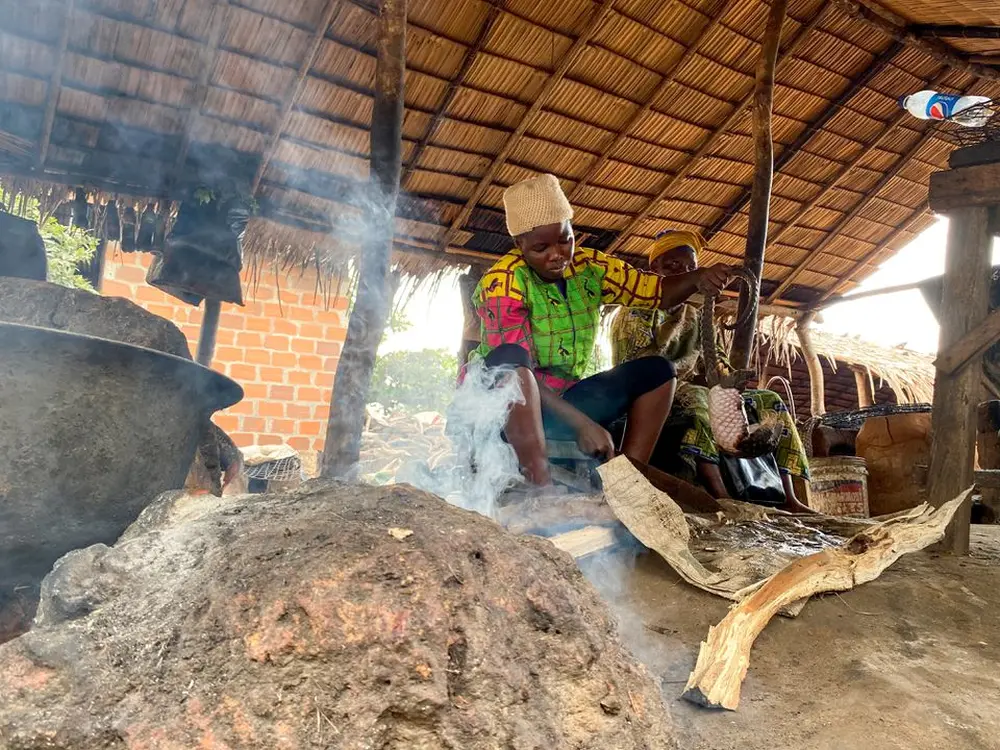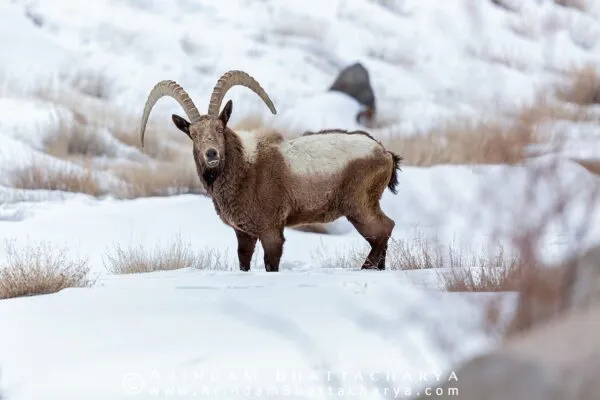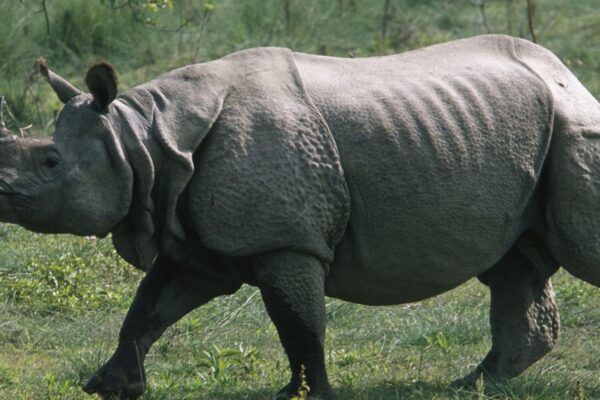Nigeria Seizes Record for Illegal Trafficking of Pangolin
Nigeria seized a record for illegal wildlife trafficking of pangolin scales and elephant tusks. Comptroller General of Customs, Colonel Hamid Ali mentioned that the capture was worth $54 million and provided 17,137 kg of pangolin scales, 44 kg of elephant tusks and 60 kg in pangolin claws. Three foreign nationals were arrested by the authorities but the kingpin of the operation is still at large.
Pangolins have large protective keratin scales, covering their skin. Some of the species are critically endangered with poaching being the biggest threat as they are also used in traditional medicines.

Image: Seun Sanni/Reuters
Pangolins are the only known mammals with this feature and are the most trafficked mammals in the world. In 2019, according to World Wide Fund for Nature (WWF) an estimated 195,000 pangolins were trafficked worldwide.
There are eight species of pangolin, four each in Africa and Asia. The giant ground pangolin (Smutsia gigantea), black-bellied tree pangolin (Phataginus tetradactyla) and white-bellied tree pangolin (P. tricuspis) are found across West Africa, including Nigeria, while the fourth African species, Temminck’s ground pangolin (S. temminckii), ranges across Southern and Central Africa.
Also Read: Eradicating Wildlife Trade May Prevent Future Pandemics
According to the United Nations Office on Drugs and Crime (UNDOC), increased trafficking of pangolin was seen between 2014 and 2018. At that time, 185 tons of scales were seized, for which approximately 370,000 animals would have been killed, UNODC said, which made Africa the main source of pangolin scales’ trade.
Jake Williams, an ecologist and the program coordinator at Zoological Society of London said that the pangolin underground habitat makes it more difficult to predict its worldwide population as there isn’t any reliable population data of the animal.
Pangolins are traded openly in bushmeat markets in Nigeria and neighboring Cameroon. Most of the pangolin trafficking takes place in Nigeria making it a hub for gangs sending African pangolin to Asia. The strong demand for Pangolin from Asia has attracted criminals to set up trafficking networks in the country. The law there is highly questionable over there.
Via: CNN


